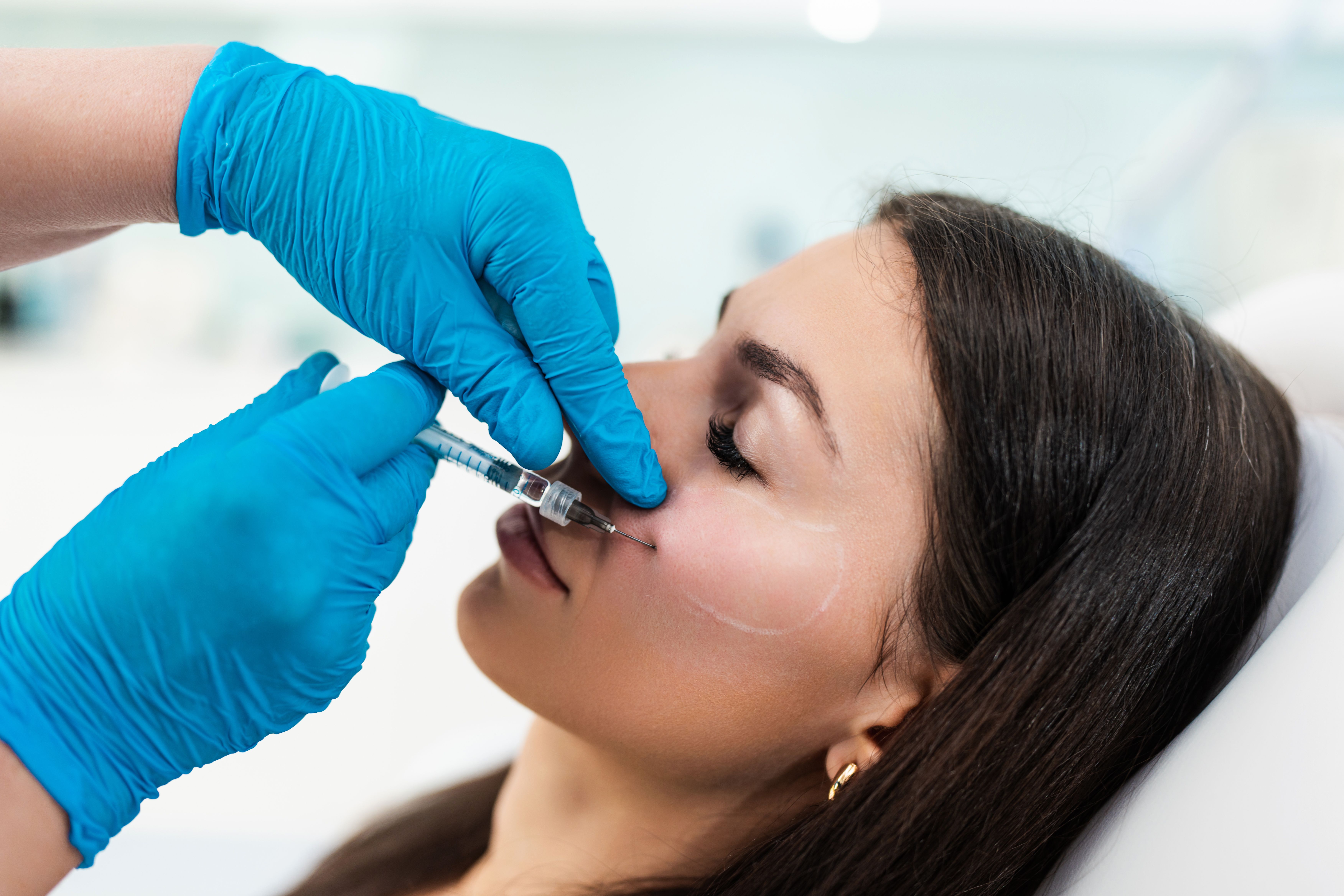- Case-Based Roundtable
- General Dermatology
- Eczema
- Chronic Hand Eczema
- Alopecia
- Aesthetics
- Vitiligo
- COVID-19
- Actinic Keratosis
- Precision Medicine and Biologics
- Rare Disease
- Wound Care
- Rosacea
- Psoriasis
- Psoriatic Arthritis
- Atopic Dermatitis
- Melasma
- NP and PA
- Skin Cancer
- Hidradenitis Suppurativa
- Drug Watch
- Pigmentary Disorders
- Acne
- Pediatric Dermatology
- Practice Management
- Prurigo Nodularis
- Buy-and-Bill
Article
Korean researchers working on way to speed wound healing in diabetics
Daejeon, Republic of Korea -- Scientists here say they have engineered a protein that may help hasten impaired wound healing in diabetics, whose wounds often heal slower than usual to their condition.
Daejeon, Republic of Korea -- Scientists here say they have engineered a protein that may help hasten impaired wound healing in diabetics, whose wounds often heal slower than usual to their condition.
The research team, from the Korea Advanced Institute of Science and Technology here, manufactured a synthetic form of the protein angiopioetin-1.
According to their study, which appeared in Proceedings of the National Academy of Sciences, the researchers gave the synthetic protein, which they say is more stable than the natural one, to diabetic mice and found it helped accelerate wound healing by promoting the growth of new blood vessels. The researchers injected it into the mice 12 hours after a deep cut was made in the animals’ tails; the wound closed faster in the mice that were injection, and the skin regenerated more quickly, than in mice with similar wounds that weren’t injected.
The researchers concluded that the protein helped speed up the healing process by triggering the development of blood vessels that supply nutrients to the tissues at the site of the injury.
A spokesman for the Korean team reports that it is now working on a human form of the synthetic protein.





